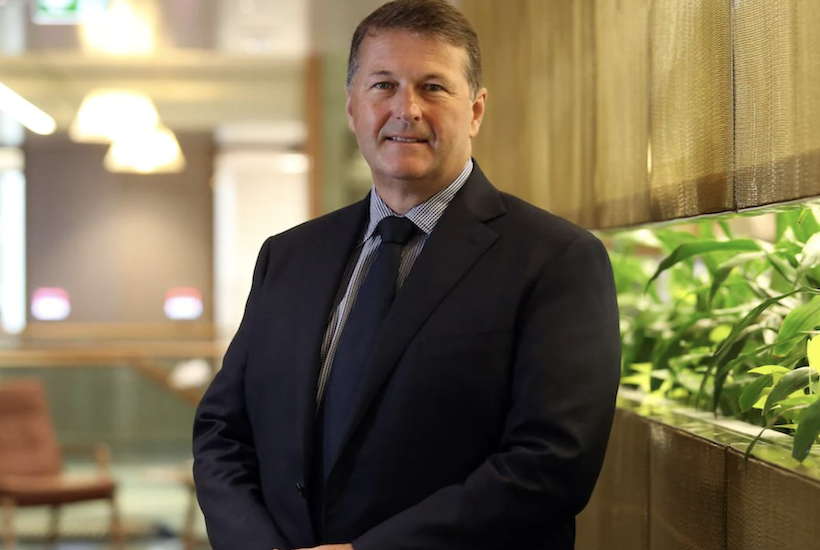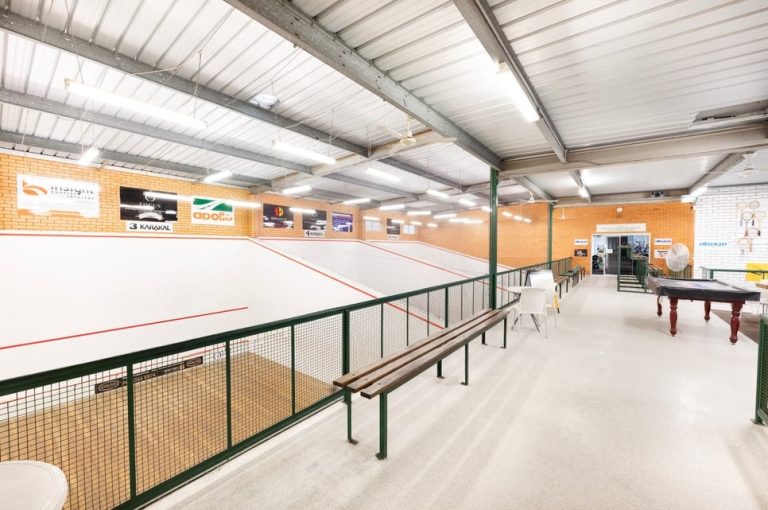Charter Hall leans into office tower and industrial park developments

Property funds manager Charter Hall has flagged a shift towards developing new office towers and industrial parks as it shrugs off the coronavirus crisis with a wave of new projects.
The company is ramping up its projects as it believes it has an advantage in striking deals with top tier tenants who are after the best spaces in the wake of the pandemic.
Charter Hall also called out its holdings next to Sydney’s Barangaroo South office precinct, where it owns three major office blocks that could be transformed into the city’s next harbourside prize.
It has already delivered $5bn of developments over the last six years and its pipeline has swelled to $7bn, with more than half committed by tenants and building underway.
Charter Hall managing director David Harrison said that in the wake of COVID-19 more buildings would cater for tenant demands for the best in technology, health and wellness, with governments and corporations seeking to consolidate their offices.
Charter Hall is already developing a new complex in Adelaide for a federal government department coming out of four smaller, older buildings. It is also chasing another government brief in Brisbane and there are similar requirements in Canberra, Sydney and Parramatta.
Mr Harrison also pointed to the company’s Wesley Place development in Melbourne as part of the company’s precinct strategy, which it is looking to replicate by developing a new headquarters for Amazon in the city.
Mr Harrison remains positive on the future of office buildings and noted that state governments had recognised they need to get people back into offices in order to accelerate productivity and stimulate activity.
“What’s going to be necessary to see a CBD economic recovery is a return to offices,” Mr Harrison said.
The funds veteran also says the crisis has also bumped more speculative projects that could have prompted an oversupply.
“There will be limited near term supply compared with what there would have been pre-Covid,” Mr Harrison said, predicting that only “rational” projects that were properly pre-committed would get up.
Charter Hall pitched the development opportunity at what it dubbed the Shelley Street precinct as holding the capacity for projects like the three adjacent Lendlease-developed office skyscrapers Barangaroo International Towers 1, 2 and 3.
These are on land of about 5,700sq m per tower and have floor space ratios of over 18 to 1 whereas Charter Hall’s buildings are on ratios ranging from about 12 to one to just over four to one.
Its holdings include the Suncorp-occupied 10 Shelley Street, American Express House at 12 Shelley Street, and the distinctive 1 Shelley Street occupied by investment bank Macquarie.
The area is benefiting from better access to Wynyard station, a ferry terminal and a revitalised retail and restaurant precinct.
Mr Harrison said the company looked at them as long-term opportunities and the American Express site alone could sustain a tower of up to 60,000sq m although the tenant is in place for eight more years.
Key active projects include 555 Collins Street, Melbourne, which has a $720m end value, and will be occupied by Amazon, and Adelaide’s 60 King William Street which is 72 per cent committed, with a $413m end value. It also has projects in Melbourne and Parramatta.
On the industrial front it has a $2.3bn pipeline with a focus on Sydney and Melbourne where prices are soaring for completed warehouses as e-commerce takes off.
“We see Charter Hall as best placed to deploy capital both via acquisitions and developments and this makes it a partner of choice,” JPMorgan analysts said.
Jarden analysts said Charter Hall dominates the grocery logistics market, which reflects 52 per cent of the current pipeline. “This makes sense given its relationships with the tenants in its shopping centres but also given the strong growth potential in online penetration in the sector,” they said.
The company, which manages close to $50bn worth of property, is seeking to use its relationships with big players to generate synergies across office, retail, and industrial sectors.







